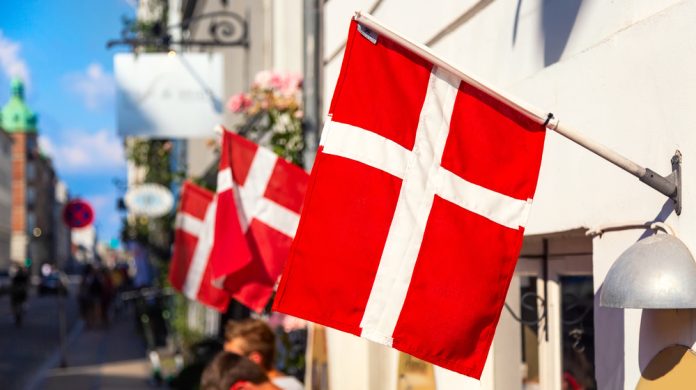Spillemyndigheden, the Danish gambling authority, has reported that spending at land-based locations has fallen in the first two months since the introduction of player ID requirements.
However, the authority noted that it is “too early to conclude whether the decrease is due to the player ID”.
Player ID requirements for land-based betting were introduced by Spillemyndigheden on October 1, to enhance player protection and responsible gambling practices.
Publishing its data for November 2023, Spillemyndigheden noted that total GGR stood at DKK 606m (€81.25m), a 0.6 per cent decrease in comparison to the same month the previous year (November 2022: DKK 609m).
However, October’s total GGR only came in at DKK 431m, down 29.3 per cent year-over-year from October 2022’s DKK 610m.
Betting GGR dropped by 76.3 per cent YoY to just DKK 51m (October 2022: 215m), gaming machines fell by four per cent to DKK 97m (2022: DKK 101m), land-based casinos declined by 17.7 per cent to DKK 24m (2022: DKK 29m) and online casino decreased by 2.4 per cent to DKK 259m (2022: DKK 265m).
Per segment in November, land-based and online casinos saw increases against 2022 comparisons, but betting and gaming machines stayed below the GGR recorded the previous year.
Betting GGR from Danish operators for the month came in at DKK 232m, down 9.7 per cent YoY (2022: DKK 256m), gaming machines dropped by 2.2 per cent to DKK 93m (2022: DKK 95m), land-based casinos improved by 18.3 per cent to DKK 31m (2022: DKK 26m) and online casinos rose by 8.1 per cent to DKK 251m (2022: DKK 232m).
As of November 2023, Spillemyndigheden noted that the number of people registered to the authority’s self-exclusion programme ROFUS was 45,450 with 30,475 permanently registered.











